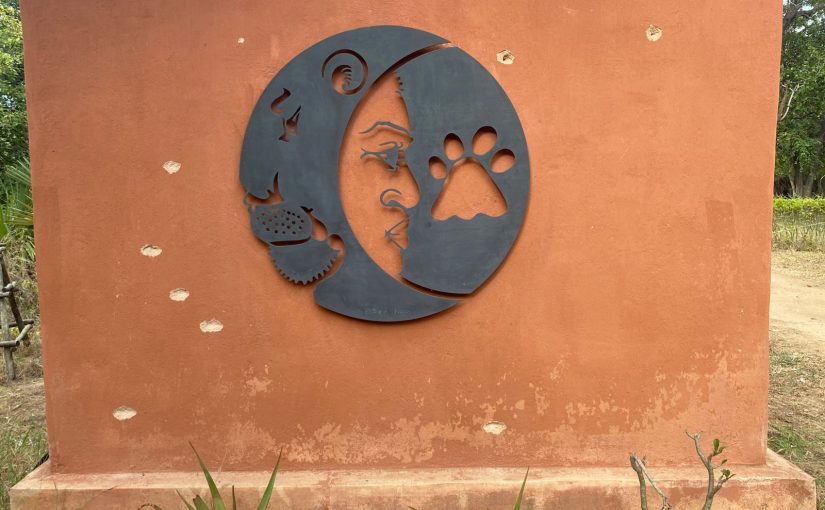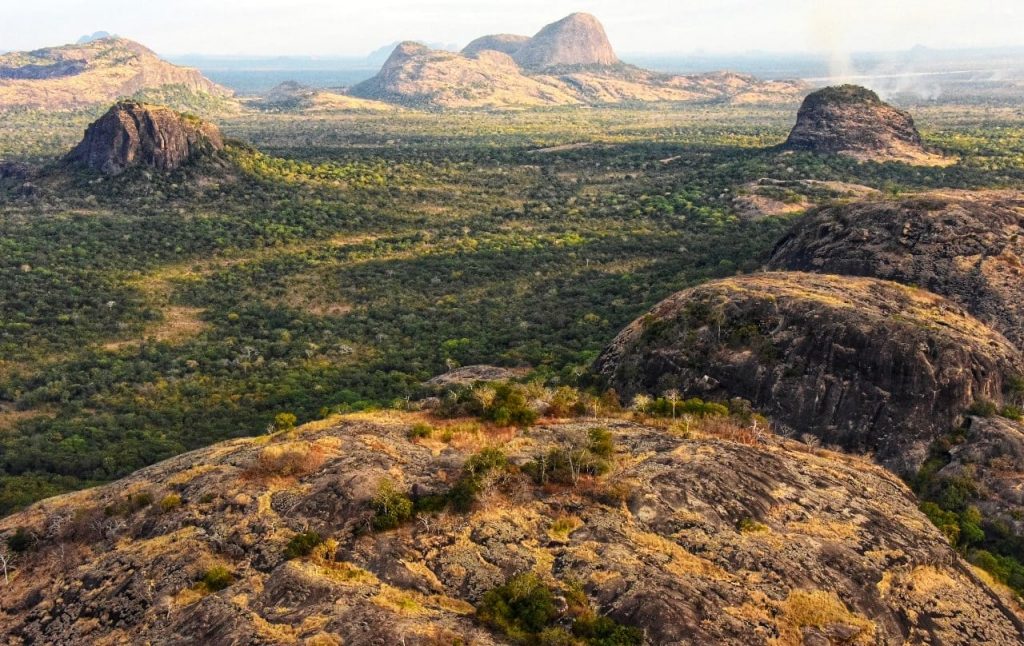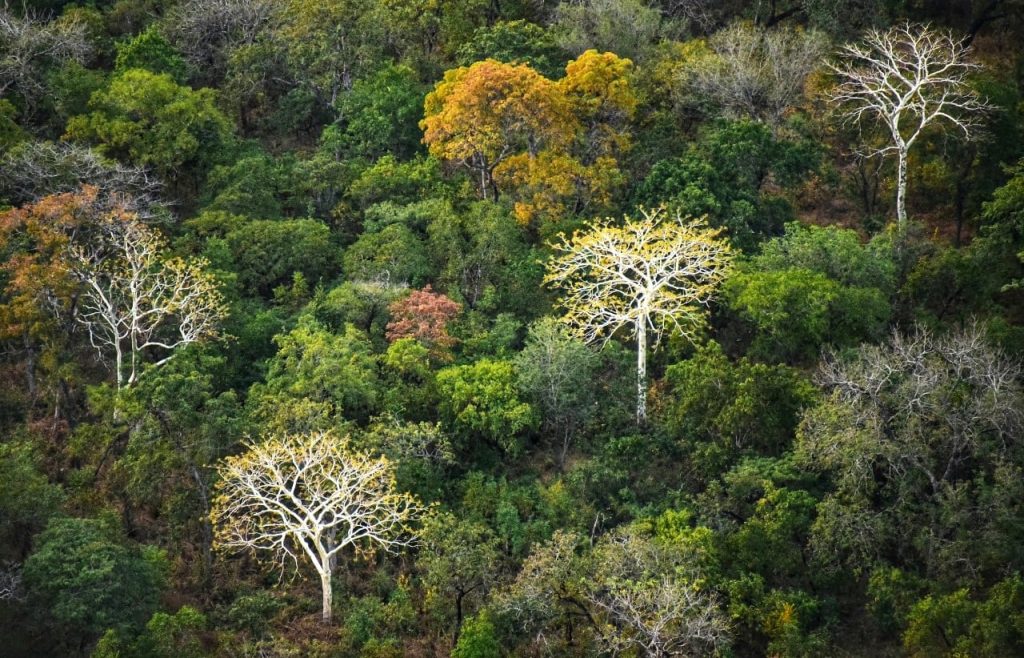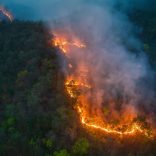Mozambique: Karmol and Maputo Municipality plant 5,000 mangrove seedlings in Katembe as a symbol of ...
Mozambique: Niassa Lion Project resumes activities in the Niassa Special Reserve

"The buildings tell the story, some flood marks from 2023, now the bullet marks in the solar house. This will be a long road. There is no normal when we have lost four of our team, but there is resilience. Niassa is too important," the note remarks. [Photo: Niassa Lion Project]
The Niassa Lion Project (NLP) resumed conservation activities in the Niassa Special Reserve (REN) on Sunday (15), after a hiatus resulting from terrorist attacks in April and May of this year.
The attacks resulted in the death of members of the organisation’s team, in addition to considerable material damage (infrastructure), compromising the multimillion-dollar conservation efforts accumulated over the years.
In the first phase, the team returned to the reserve with at least seven vehicles to support fieldwork.
A statement published on the organization’s Facebook page states that restoration work at the Mariri Environmental Center has already begun. Meanwhile, the Niassa Lion Project recognizes that the recovery of the area will be a long process.
Despite this, the team expresses hope, highlighting the continued presence of wild animals in the region, even after the episodes of violence.
“It feels like we are back where we started. But as we drove in, seven vehicles, we saw eland, impala, elephant, and buffalo. Last night I heard lions and hyenas. The wildlife has recovered substantially since we have been in the area partnering with Mbamba and Reserva Especial do Niassa,” the note highlights.
In the statement, the Niassa Lion Project once again lamented the loss of its four employees during the terrorist incursion, adding that bullet marks are still visible on some of the infrastructure.
“The buildings tell the story, some flood marks from 2023, now the bullet marks in the solar house. This will be a long road. There is no normal when we have lost four of our team, but there is resilience. Niassa is too important,” the note remarks.


The Niassa Special Reserve is one of the most important conservation areas in Mozambique, where the Niassa Lion Project works to manage flora and fauna threatened by human intervention, such as poaching.












Leave a Reply
Be the First to Comment!
You must be logged in to post a comment.
You must be logged in to post a comment.